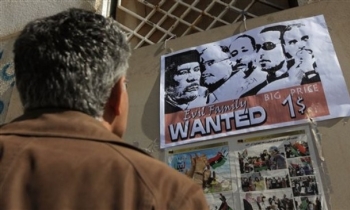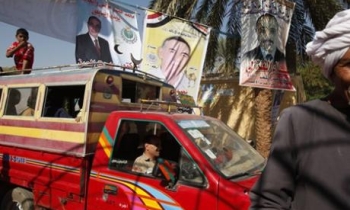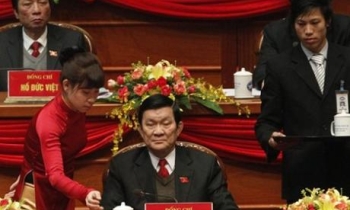Paris-based press freedom group Reporters sans Frontières (RSF) has expressed mixed feelings over the Guinea Bissau government’s decision not to go ahead with a threat to suspend newspaper Última Hora as it seems to be no more than a stay of execution.
At a news conference on April 20, presidency minister Maria Adiatu Djaló Nandigna issued a “vibrant appeal to the media, especially newspaper Última Hora, to bring their editorial policies into line with the higher interests” of Guinea-Bissau. But if the appeal was ignored, the government could “use its legal powers to cancel licences for good,” she added.
RSF hoped the minister’s statement will not be acted on. It nonetheless constitutes a form of intimidation that undermines media freedom and independence.
Earlier, the government had threatened to suspend Última Hora after it ran a front-page article on xApril Guinea Bissauquoting a US State Department human rights report saying President João Bernardo “Nino” Vieira had been murdered by soldiers led by then-Col. Antonio Indjai (current head of the army) in March 2009. The paper was accused by the government of “systematically” printing articles “deliberately distorting” the government’s image .
RSF had warned that the threatened suspension (announced on April 15), as well as other repressive measures by the government of prime minister Carlos Gomes Junior, would not improve the country’s image but draw international criticism. It called on the government to lift the threat, exercise its right of reply to the article and stop harassing the country’s media and journalists if Guinea-Bissau wanted to be considered a true democracy.
Athizar Mendes Pereira, the paper’s managing editor, was arrested in 2008 for articles criticising the armed forces. Several radio stations and other media outlets have also been silenced by the government in the past for similar reasons, including, in 2002, radio station Bombolom FM, which was suspended for three months.









